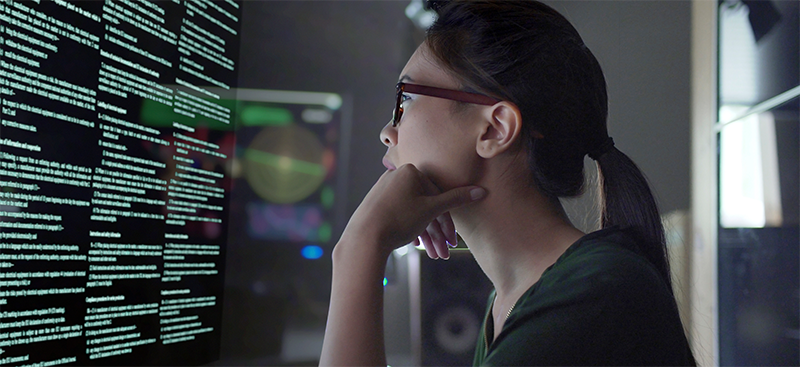PLEASE NOTE: For help on a missing person go to Wanted/Missing – NYPD (nyc.gov). Healthix does NOT have the authority to access patient health information to assist family members, loved ones and/or care partners of missing persons.
At the peak of the COVID-19 pandemic in New York City, fear and turmoil abounded. Among the challenges, the frustration many experienced in finding missing loved ones, particularly given the quarantine and self-isolation orders that curtailed routine, in-person checkups on our most vulnerable residents.
With more than 70 hospitals in New York City, the process of finding missing friends and relatives is a mammoth one. But with the assistance of hospital admission and discharge data from two of New York City’s HIEs, Healthix and the Bronx RHIO, city officials were able to assist many New Yorkers in locating their missing loved ones during this health crisis.
In mid-April 2020, New York City’s Mayor activated the Unified Victim Identification System (UVIS), the software managed by the Office of Chief Medical Examiner, to capture missing persons reports. For 39 days, this system allowed New Yorkers to file reports, associated with the COVID-19 pandemic, via 311 or a dedicated web form on the City’s website. Using the Healthix and Bronx RHIO portals, City officials were able to search for those who were reported missing using additional data available such as patient demographic information, next of kin and, most importantly, real-time alerts of hospital admissions/discharges.
Tamer Hadi, Senior Director of Technology, Data and Communications for the Office of Emergency Preparedness and Response (OEPR) with the New York City Department of Health and Mental Hygiene, explained the process:
“Health department staff scanned the Healthix and Bronx RHIO portals for each person that was reported missing for hospital encounter data. When a patient match was identified, health department staff entered notes in UVIS for the New York City Police Department’s handling.”
Once detectives verified the location and status of missing persons, they contacted family members and pointed them to the hospital facility. HIE data assisted in finding 62 missing persons in hospitals as well as helping to identify 38 patients who, sadly, were expired.
Valued for connecting service providers with the hardest to reach individuals, New York City’s HIE data is powerful in its ability to help with tracking patient populations. Based on the success of this operation, Healthix and the Bronx RHIO will work with the Health Department and the Office of Chief Medical Examiner to automate access to HIE data to further leverage its capability to support future family reunification efforts during public health emergencies and mass casualty incidents.


